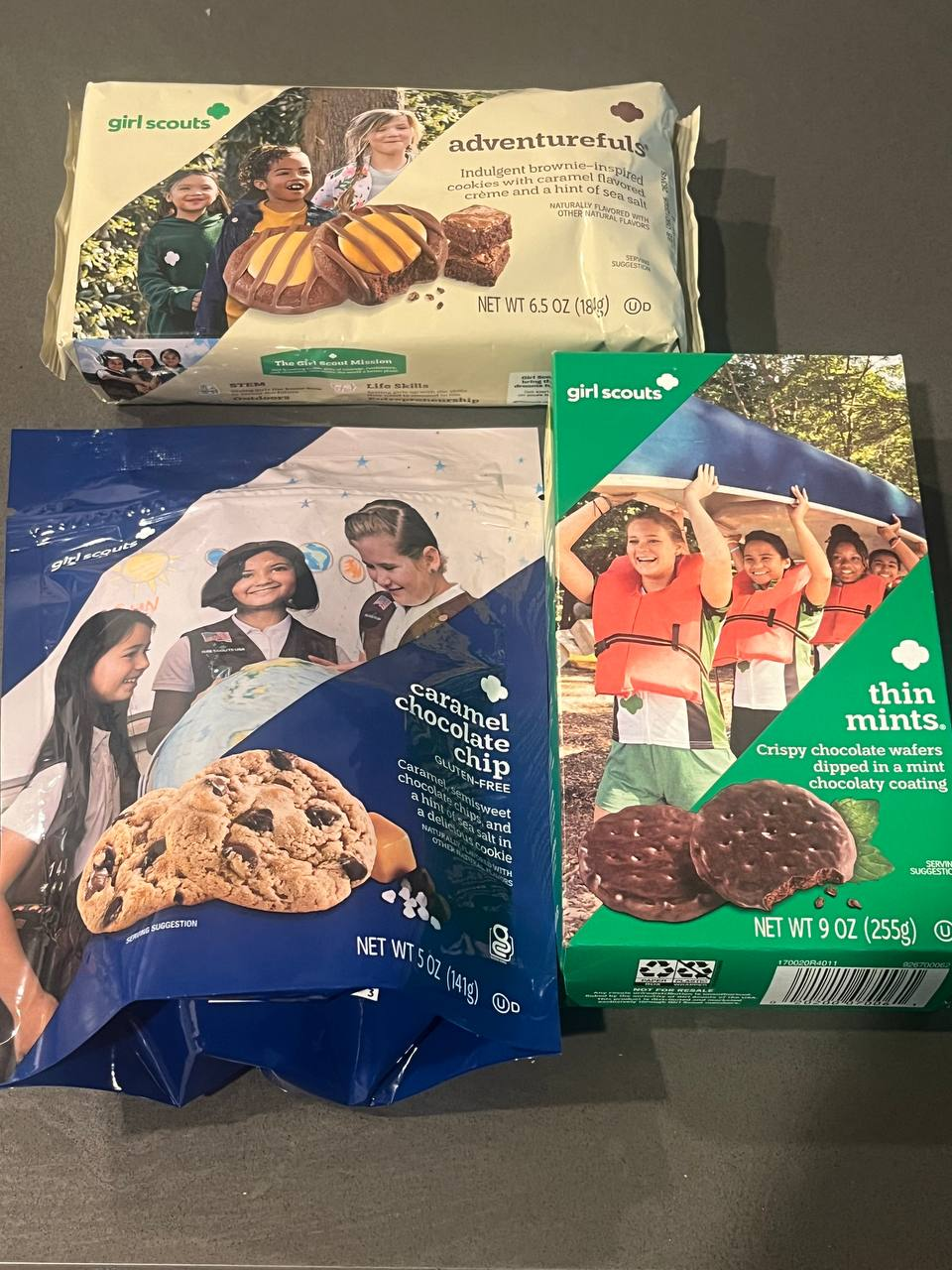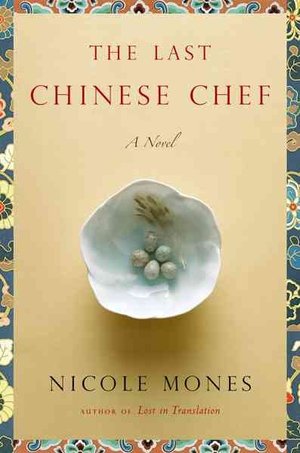This is something I know better than most. Not only is it how I grew up, it's how what passes for my career and my life remain some degree of stable.
My family is poor, and so am I. No getting around that. Most of us barely scrape by, some not even, and we're deep into lots of blue-collar miscellany. Construction. Landscaping. Architecture. Transport. Education. Moving. Thing is, we talk to each other, and to our coworkers. Most of us have high-level skills and specialties in different areas, but we also have our blind spots. When one of us runs into a problem we can't solve, we probably know a guy that might be able to help.
If my mom has a car problem, we call a friend who's a gearhead. If the car guy thinks he can help, he might come over and fix it- save us a few hundred bucks for a tow and an auto shop. If he can't fix it, he might know the best local mechanic that can. Or maybe he'll know where we can get a loaner ride on the cheap till the car's fixed.
This is where the I Know a Guy economy becomes more cyclical and asymmetrical. We owe him a favor now. Repaying that favor is a question of fairness and facility. It usually isn't extreme, but it tends to be something unrelated. The Car Guy might not take any money from us because he knows we're broke. But he might take us up on it if he gets asked to stay for dinner. Or he might need something else down the road. Maybe he'll ask us for a ride to the airport at the end of the month because his wife won't be home from work yet that day and can't take him. It's still useful, it's still time and effort, and there's an opportunity to chat and catch up a little.
One of the strong but fading bastions of that in the wider world is the restaurant industry.
You line up a good restaurant's staff, and what do you see? Cooks, chefs, servers, bartenders, managers, porters, cleaners... but there's a whole lot more besides. Most of them might also be welders, contractors, farmers, mechanics, landscapers, teachers, translators, plumbers, electricians, paralegals, or any number of a hundred other things... because at some point they've had to be. They often can't afford to live like real people on what their vocation provides, so instead they find other ways to try and make it work. Together.
Favors done, favors repaid, favors remembered. An effective barter system, built slowly and deliberately on a foundation of trust and expertise. Those are valuable currency in times of uncertainty, and those times are certainly here. Have been for a while.
What that methodology doesn't work with, though, is most of modern corporate culture, especially the 'hustle' mindset. You really can't build relationships like these if you're too busy trying to monetize every last thing in the short term, as so many pretty much have to. There's not enough time to build that bank of trust and reciprocity, to truly develop into what might become a community.
Worse still, the majority of those who make these I Know A Guy economies work are... aging out. Most of them are in my parents' generation. They're getting too old to help like they used to, or they're starting to forget a thing or two... any way you slice it, the communities they built together have grown frail with the passing of years. It'd be nice to have a new generation, and it's there... more or less. But the contemptible contemporary corporatocracy we're all stuck in pays us too poorly and works us too long and too cruelly.
No physical security, no financial security, no communal reassurance.
There's not a lot of hope left in the world these days.














